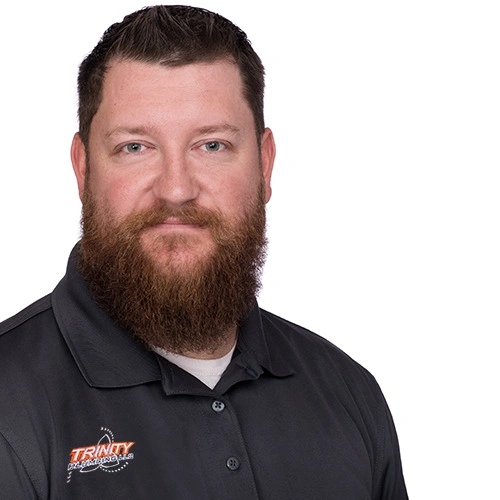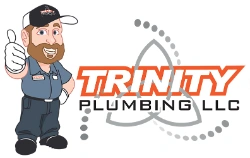If you own a business, commercial property, or manage a large building, you know that the plumbing system is crucial to the success of your operations. Just like a residential plumbing system, commercial plumbing is designed to deliver clean water to different parts of the building, remove waste, and keep the occupants healthy and safe.
However, the scale and complexity of commercial plumbing are vastly different from residential plumbing, which is why it’s essential to hire commercial plumbers for your business needs.
What are the differences between residential plumbers and commercial plumbers? Why does it matter for your business.
Time Constraints and Business Interruptions
Commercial plumbing projects are often more time-sensitive than residential plumbing projects. A plumbing problem in a commercial building can cause significant business interruptions, loss of revenue, and damage to the building’s reputation. Commercial plumbers are trained to work quickly and efficiently to minimize downtime and disruption to the business. They also work closely with business owners and managers to schedule work around their business hours to avoid interference with daily operations.
Scope of Work
The primary difference between residential and commercial plumbers is the scope of work they handle. Residential plumbers work on small-scale plumbing projects, such as fixing leaky faucets, unclogging drains, installing water heaters, and fixing broken pipes. On the other hand, commercial plumbers handle large-scale plumbing projects, such as designing and installing plumbing systems for commercial buildings, repairing and maintaining complex plumbing systems, and dealing with commercial-grade plumbing fixtures, such as urinals and grease traps.
Skillset & Experience
Because of the scale and complexity of commercial plumbing systems, commercial plumbers require specialized skills and experience that residential plumbers don’t possess. Commercial plumbers have a broad range of skills, including knowledge of building codes, blueprints, and local regulations, as well as experience working with commercial-grade plumbing fixtures, such as sewer systems, boilers, and water treatment systems. They are also trained to work on larger systems that require specialized tools and equipment, such as backflow prevention devices, commercial water heaters, and pressure reducers.
Equipment and Technology
Another critical difference between residential and commercial plumbing is the type of equipment and technology used. Commercial plumbing systems are more complex and require specialized equipment and technology to design, install, and maintain. Commercial plumbers use advanced tools such as pipe threaders, hydro-jetters, and video inspection cameras to locate and fix problems in large and complex plumbing systems.
Legal Compliance and Insurance
Commercial plumbing projects must comply with local regulations, building codes, and health and safety standards. A licensed and insured commercial plumber has the necessary permits and insurance to protect your business from liability in case of accidents or injuries during the plumbing project. Residential plumbers may not have the same level of insurance coverage or knowledge of local regulations, which can put your business at risk.
Trinity Plumbing – Commercial Plumbers for your commercial plumbing needs
Commercial plumbing is a specialized field that requires unique skills, equipment, and experience. If you’re a business owner, it’s crucial to hire a licensed and insured commercial plumber to handle your plumbing needs. A commercial plumber has the expertise to install, maintain, and repair complex plumbing systems, and can help you avoid costly business interruptions, damage to your reputation, and legal liabilities. Contact Trinity Plumbing today to learn more about our services and how we can help your business thrive.
Looking for “commercial Plumbers near me”? – for tips to help you find the best commercial plumber for your needs.







